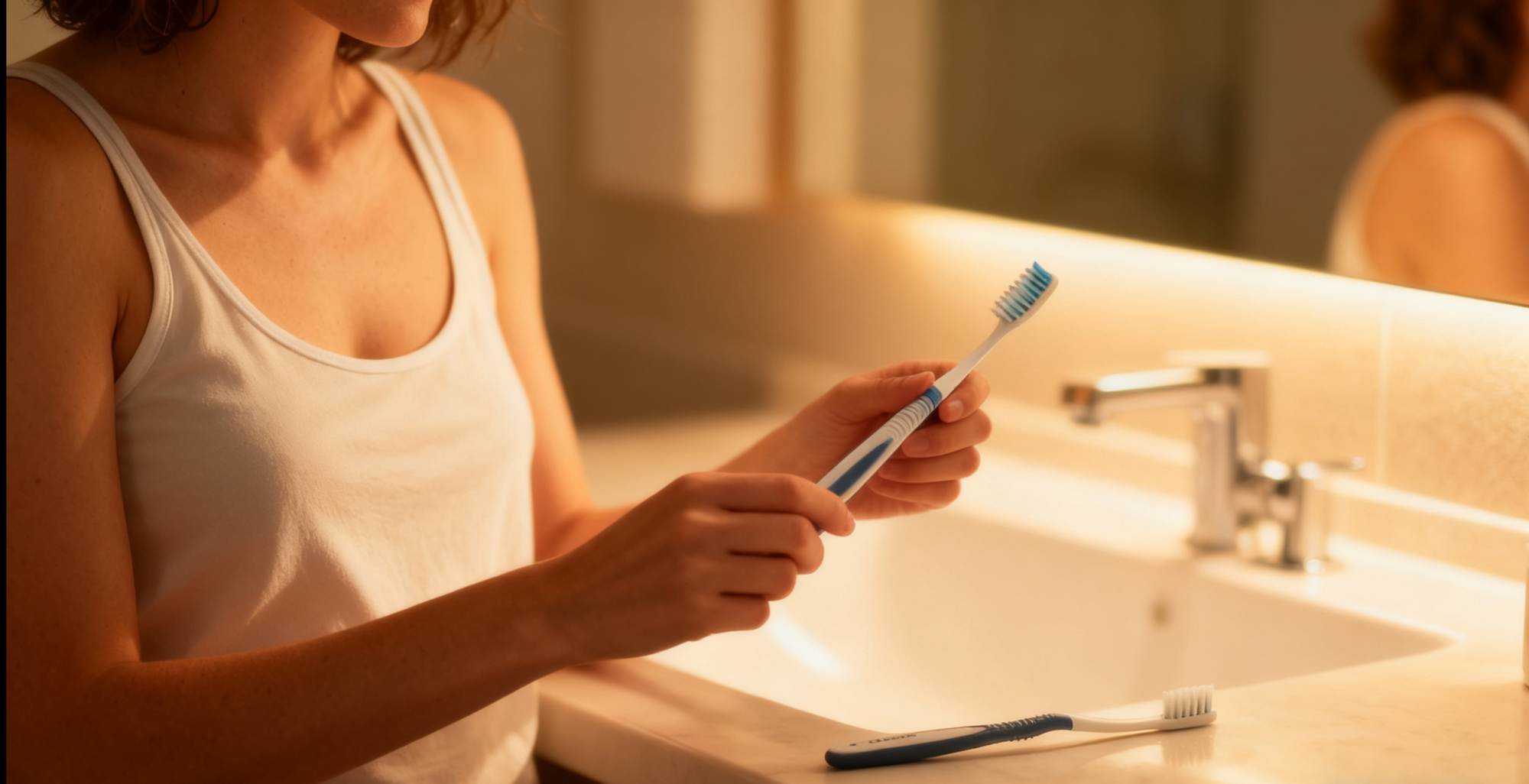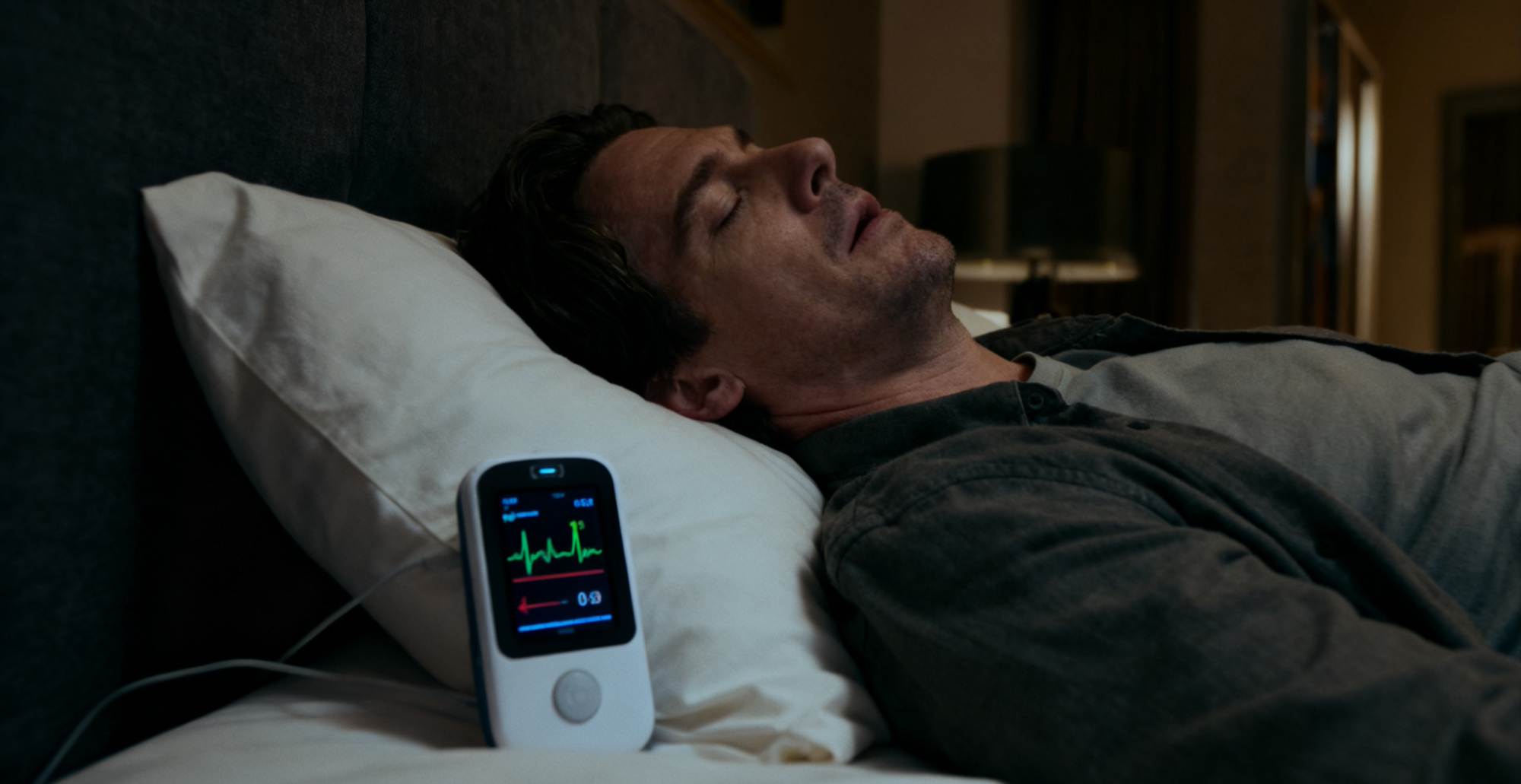content
01. Linger in bed for 3 minutes after waking up
02. Don't open windows for ventilation in the early morning
03. Don't rush to make your bed after getting up
04. Washing your face with cool water has many benefits
05. A glass of water in the morning helps prevent blood from becoming viscous
06. Don't spend more than 10 minutes in the toilet
07. Don't drink alcohol immediately after taking medication
08. High alcohol content doesn't necessarily mean better disinfectant alcohol
09. Wash underwear and socks separately
10. Replace your toothbrush every 3 months
11. The ideal temperature for foot soaks is 40-45 degrees Celsius
12. Don't simmer soup for more than 2 hours
13. Eat at home whenever possible, eat out less often
14. Extremely hot food can cause cancer
15. To maintain good health, chew your food thoroughly.

01. Linger in bed for 3 minutes after waking up
Getting up too abruptly can easily cause dizziness, and in middle-aged and elderly people, it can also increase the risk of cardiovascular and cerebrovascular accidents. Sit on the bed to wake yourself up, rub your hands together to warm them, and dry wash your face several times. Once you are fully awake, slowly get up.
02. Don't open windows for ventilation in the early morning
In the morning, the air temperature near the ground is relatively low, the air sinks, and it contains a lot of dust and carbon dioxide, resulting in poor air quality. Wait until 10 o'clock when the sun has sterilized and disinfected before opening windows.
03. Don't rush to make the bed after getting up
Each blanket contains at least 15 million dust mites. Dust mites do not survive well in dry environments. Folding the blanket retains body heat and sweat, creating favorable conditions for dust mites to survive. Laying the blanket flat to air it out is actually healthier.

04. The benefits of washing your face with cold water
Wash your face with cold water every morning, then massage your nose. Rub the outside of your thumbs together to warm them, and massage along both sides of your nose 30 times. Repeat 1-2 times daily, focusing on massaging the Yingxiang acupoints on both sides of the nostrils.
This method helps the nasal cavity adapt to the stimulation of cold air, thus effectively preventing colds.
05. A glass of water upon waking: Blood won't be thick.
There's an old saying: "A glass of water upon waking, you'll never regret it." Drink a glass of warm water on an empty stomach every morning after waking. This helps moisturize the intestines and aids in detoxification.
06. Don't spend more than 10 minutes on the toilet.
Squatting and straining increase pressure on the abdomen. Squatting for too long can cause the rectal mucosa to loosen and prolapse. Remember, don't squat for more than 10 minutes, otherwise you're prone to hemorrhoids.

07. Don't drink alcohol immediately after taking medication.
Medications are metabolized by the liver. Drinking alcohol after taking medication will increase the burden on the liver and affect the drug's efficacy. Ingredients in anti-inflammatory drugs can react with alcohol to produce toxic substances. Cephalosporin antibiotics can react with alcohol in a disulfiram-like reaction, directly endangering life.
08. Alcohol for Disinfecting: Higher Alcohol Content Isn't Always Better
Low-concentration alcohol is ineffective at killing viruses. High concentrations will form a protective film on the virus's surface, negating its disinfecting effect. Generally, 75% alcohol provides better disinfection.
09. Wash Underwear and Socks Separately
An average pair of dirty underwear contains 0.1 grams of feces. Secretions are mostly protein, and if not washed promptly, they easily become a breeding ground for bacteria. Socks are not breathable inside shoes, and washing them together can easily lead to cross-infection of bacteria and fungi.

10. Replace Toothbrushes Every 3 Months
An average toothbrush contains 10 million microorganisms; never share one. Replace your toothbrush every 3 months, ideally storing it in a closed cabinet to prevent contamination from the bathroom.
11. Foot Soaks: 40-45 Degrees Celsius is Ideal
The temperature of foot soak water is generally slightly higher than normal body temperature.
Note: People with underlying medical conditions should avoid excessively hot water, as it can cause vasodilation in the lower limbs. Blood flow to the lower limbs can lead to insufficient blood supply to vital organs such as the heart, brain, and kidneys.

12. Don't simmer soup for more than 2 hours.
Prolonged simmering increases the purine content of the soup. A sip of milky white soup significantly increases the risk of gout. The longer the soup is simmered, the more nutrients are lost.
13. Eat at home whenever possible, eat out less.
Eating three meals a day at home is cleaner and more hygienic. Remember this rhyme: a handful of vegetables, a handful of beans, an egg, and a little meat—enough whole grains to eat.
14. Scalding hot food can cause cancer.
An old saying goes: "Don't let cold food chill your teeth, or hot food burn your lips." The esophageal mucosa is thin and soft, easily affected by hot and cold stimuli. Foods that are too cold, too hot, or rough can cause damage, ulceration, and bleeding. Repeated proliferation of the mucosa can gradually form cancer cells, directly inducing esophageal cancer.
15. To stay healthy, chew your food thoroughly.
Chewing slowly and thoroughly helps create a feeling of fullness and prevents overeating. Saliva can also aid digestion and reduce the burden on the stomach and intestines.
Click to get health tips 16-30




